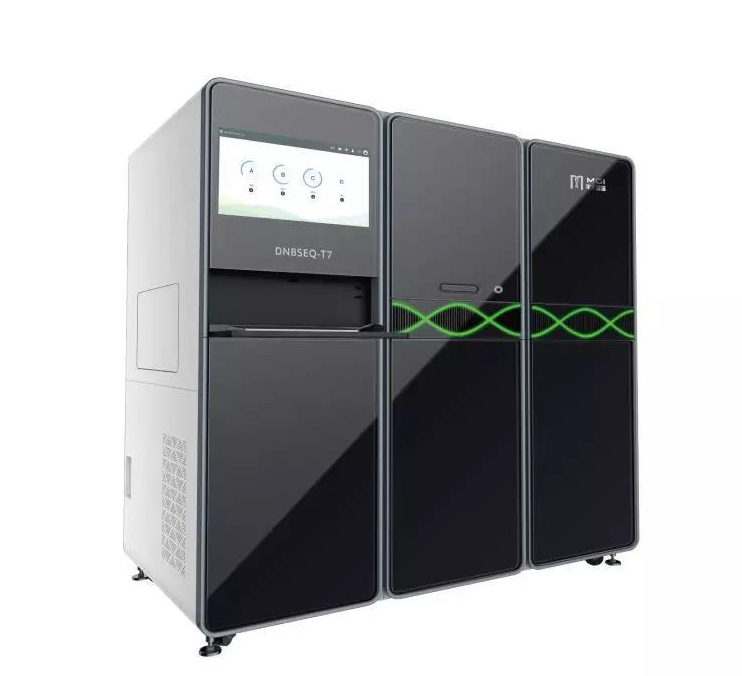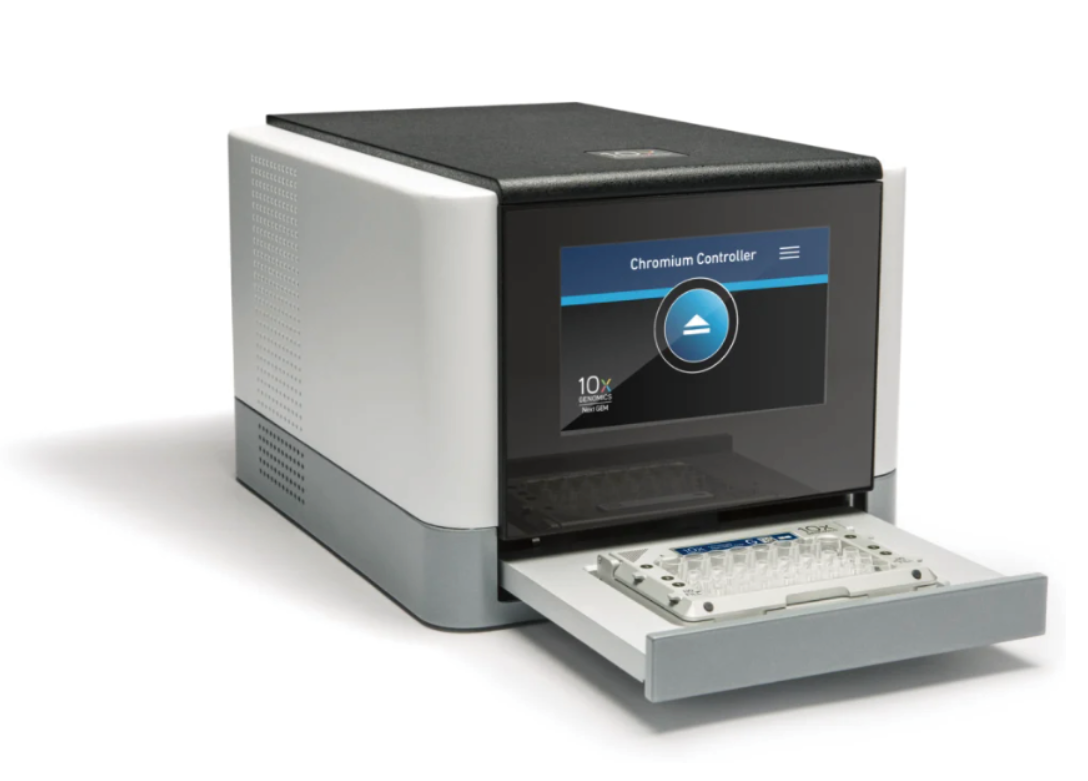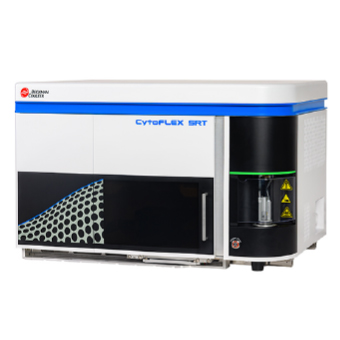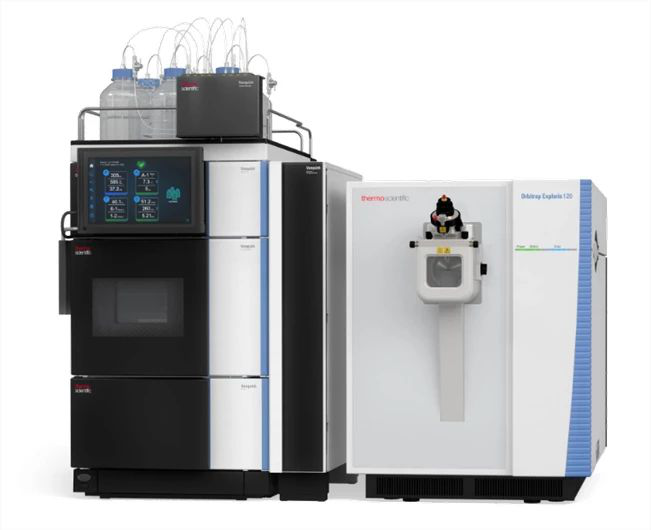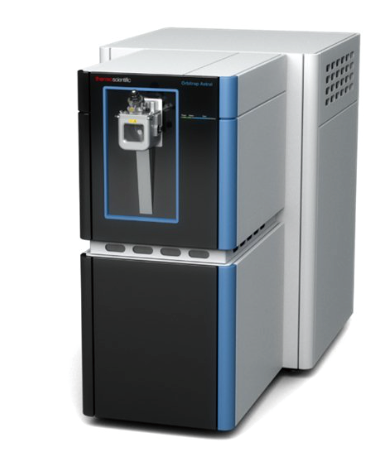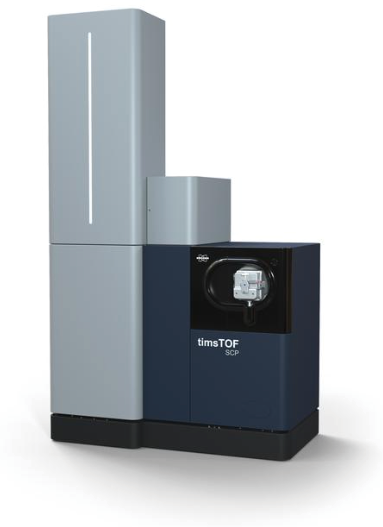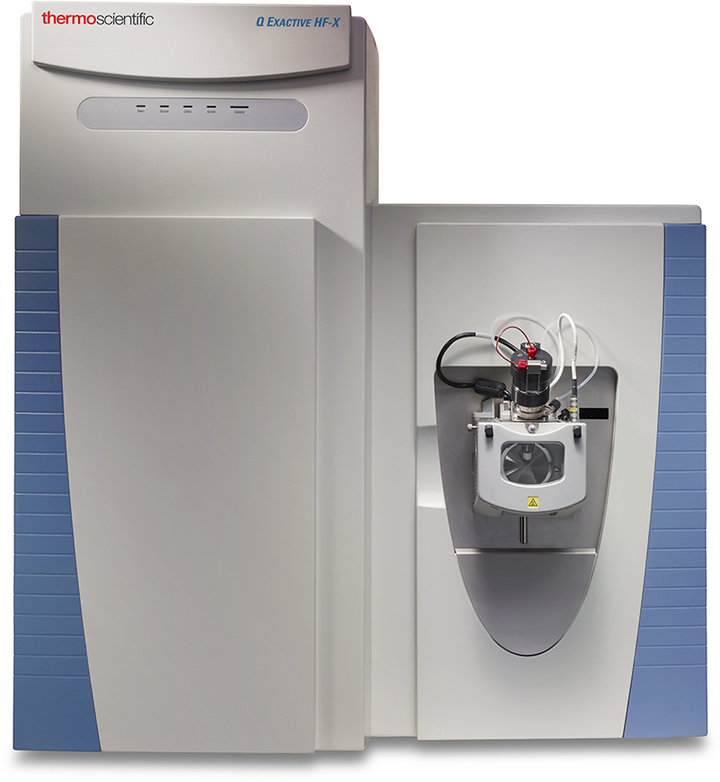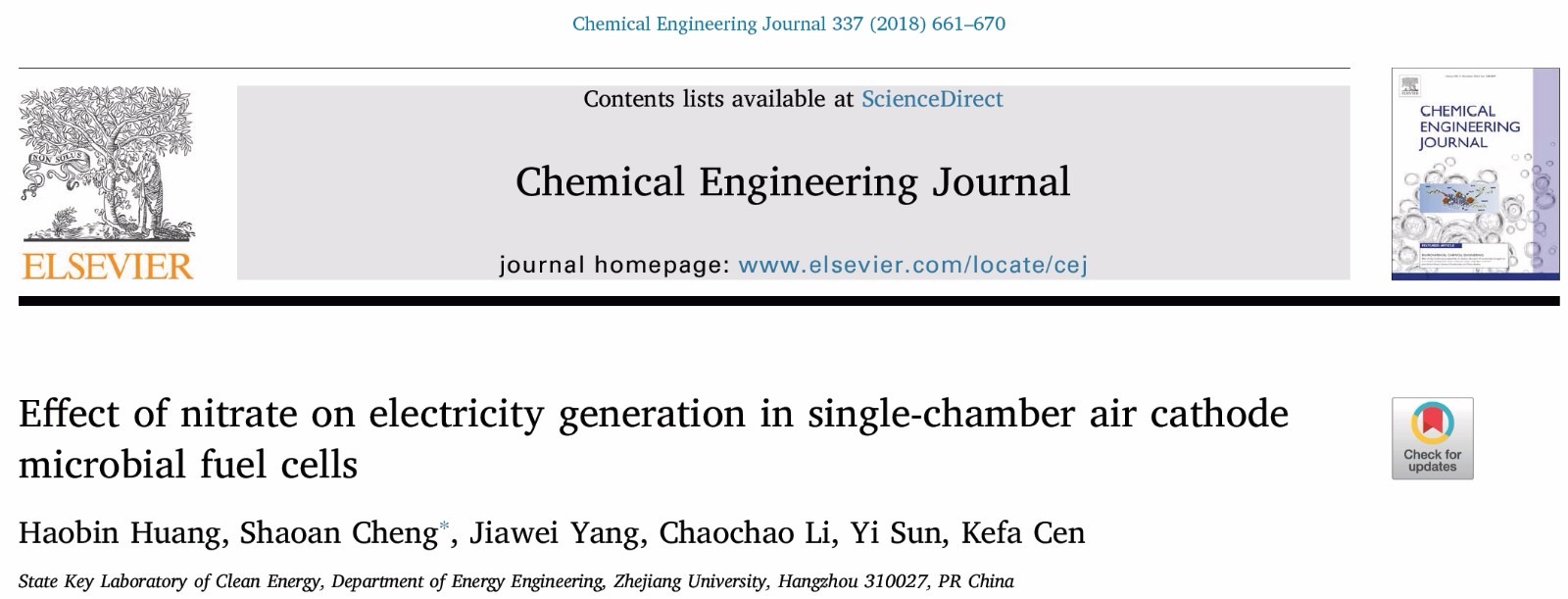
Abstract
Microbial fuel cells (MFCs) have the potential for simultaneous electricity generation and nitrogen removal in the treatment of wastewater that contains nitrate, but the denitri?cation of nitrate might a?ect electricity generation in single-chamber MFCs. In this study, the e?ect of nitrate on electricity generation in single-chamber air cathode MFCs was investigated. The chemical oxygen demand (COD) was removed faster by denitri?cation (0.977 ± 0.013 g COD g?1 NO3?) than by electricity generation in the MFCs. When the concentration of COD that excluded the COD removed by denitri?cation was more than 300 mg O2 L?1, denitri?cation only resulted in the decrease in the voltage of the MFCs at the denitri?cation stage, but did not a?ect the stable voltage and maximum power density (MPD) of the MFCs after the denitri?cation stage. The average MPDs during the 660- day batch operation ranged from 27.4 ± 0.9 to 28.4 ± 1.2 W m?3. At the same concentration of COD that
excluded the COD removed by denitri?cation, the coulombic e?ciency of the MFCs after the denitri?cation process increased with an increasing initial concentration of nitrate, which was probably attributed to the in- hibition of the activity of certain non-exoelectrogenic bacteria by nitrate. A microbial community analysis showed that Thauera was the dominant genus of denitrifying bacteria and Geobacter was the dominant genus of
exoelectrogenic bacteria at the anodes of the MFCs. With an increase in the initial concentration of nitrate, the proportion of denitrifying bacteria increased, whereas the proportion of exoelectrogenic bacteria decreased.
text link https://www.sciencedirect.com/science/article/pii/S1385894717322726




